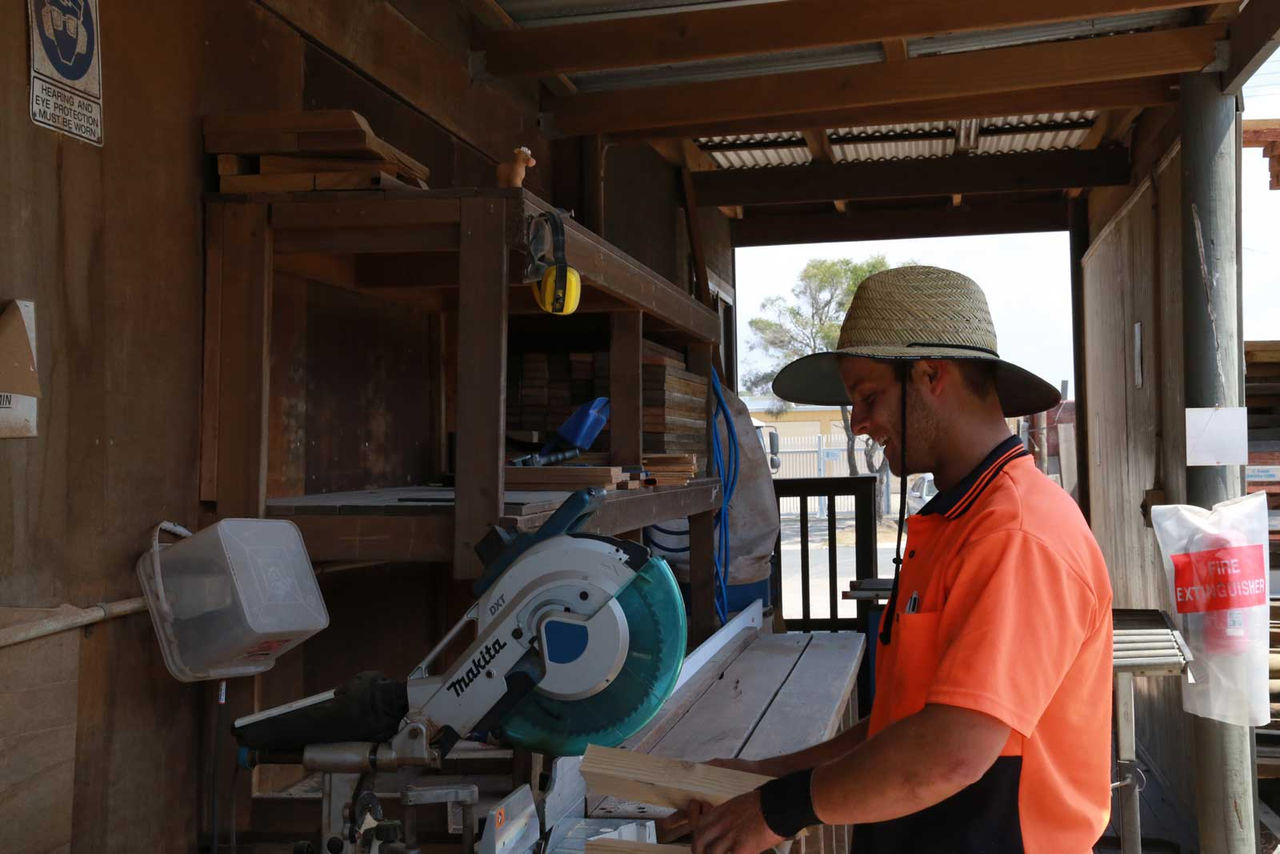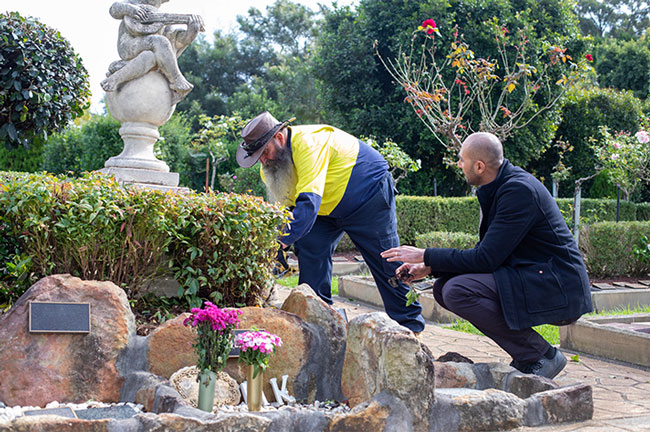What's it like to be a youth support worker?
Published by MAXSolutions on March 04, 2024

In the field of supporting young people, dedicated youth support workers are essential guides and motivators for teenagers facing the ups and downs of adolescence.
Their role goes beyond just helping out; it involves mentoring, advocating, and a strong commitment to unlocking the potential of each young person.
Let's take a closer look at the world of youth support workers and how they make a difference in their daily work.
What is youth support work?
Nurturing development and growth
Youth support workers serve as compassionate mentors and allies to young people facing an array of challenges, including mental health issues, family conflicts, and educational barriers.
They create a safe and welcoming space where youths feel heard, valued, and empowered to explore their potential and overcome obstacles on their journey to adulthood.
The supports that each person needs are never the same, so each day can be different and the skills you need to use are wide-ranging.
Dynamic skills and personal attributes
To excel in youth support work, you must possess a diverse skill set and a unique blend of personal attributes.
Compassion, empathy, and active listening skills form the foundation of effective communication and rapport-building with young clients.
Additionally, creativity, resilience, and cultural competence are essential for navigating the diverse needs and backgrounds of youths in Australia today.
A day in the life
Morning preparation and building rapport
A typical day for a youth support worker begins with setting the stage for meaningful engagement and interaction with young clients.
This may involve preparing activities, resources, and a welcoming environment that encourages an open dialogue and personal exploration.
Creating a sense of trust and belonging from the outset is key to fostering positive relationships with the youths.
Individualized support sessions
Throughout the day, youth support workers engage in one-on-one sessions with clients to address their specific needs, goals, and challenges.
These sessions provide a confidential space for youths to express their thoughts, emotions, and aspirations while receiving empathetic guidance, practical support, and personalized strategies for growth and resilience.
Group dynamics and skill-building
In addition to individual support, youth support workers facilitate group activities and workshops aimed at fostering peer connections, building life skills, and promoting personal development among young participants.
These sessions cover a diverse range of topics, including leadership development, conflict resolution, and mental health awareness, empowering youths with the knowledge and skills to navigate life's challenges with confidence and resilience.
Collaborative advocacy and community engagement
Youth support workers collaborate with various stakeholders, including families, schools, and community organizations, to advocate for the needs and rights of young individuals.
Through community outreach, resource coordination, and policy advocacy, they work tirelessly to address systemic barriers and promote inclusive opportunities for the holistic development and well-being of youths in their care.
Challenges and triumphs
Navigating complexities and adversities
Working as a youth support worker presents its share of challenges, including navigating complex family dynamics, addressing mental health concerns, and advocating for marginalized youths in the face of systemic inequalities.
Balancing empathy and professionalism while maintaining boundaries and self-care is essential for sustaining resilience and effectiveness in this demanding field.
Celebrating growth and resilience
Despite the challenges, youth support work is profoundly rewarding, offering moments of growth, spirit, and triumph in the lives of young individuals.
Witnessing the transformation and progress of youths, witnessing their resilience and determination in the face of adversity, serves as a poignant reminder of the profound impact of supportive relationships and guidance in shaping brighter futures.
Paving the way forward
Opportunities for impact and growth
The field of youth support work presents exciting opportunities for individuals passionate about making a positive difference in the lives of young people.
With the growing recognition of the importance of early intervention and holistic support for youths, there is an increasing demand for skilled youth support workers in diverse settings, including schools, community centres, and outreach programs.
Embracing these opportunities requires a commitment to continuous learning, cultural humility, and advocacy for the rights and well-being of young individuals from all backgrounds.
While a robust demand for youth support workers ensures you will have a healthy and lasting career there are also more opportunities to grow within the role.
You can study further towards becoming a guidance officer, a highly sought-after professional in schools, or other mental health support and counsellor roles.
Being a youth support worker is not just a profession; it's a calling driven by a profound commitment to guiding and empowering the next generation of leaders and changemakers.
Each day brings new challenges and opportunities for growth, shaping the narrative of support and resilience in profound ways.
If you are interested in becoming a Youth Support Worker studying a CHC33021 Certificate III in Individual Support (Ageing and Disability) could be a great way to kickstart your career.
If you have more questions about what a qualification can do for your career get in touch with your team.
Share
Tags
Found this useful?
Help and advice
Our blogs are about helping people seek the information that they need for their steps in the workforce.






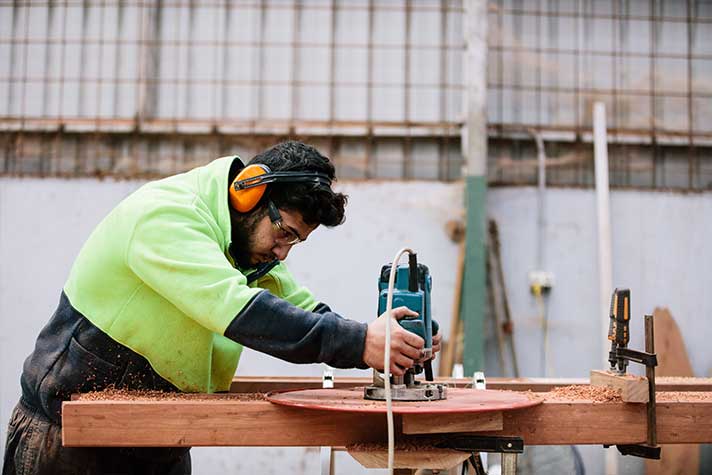







_1.jpg)












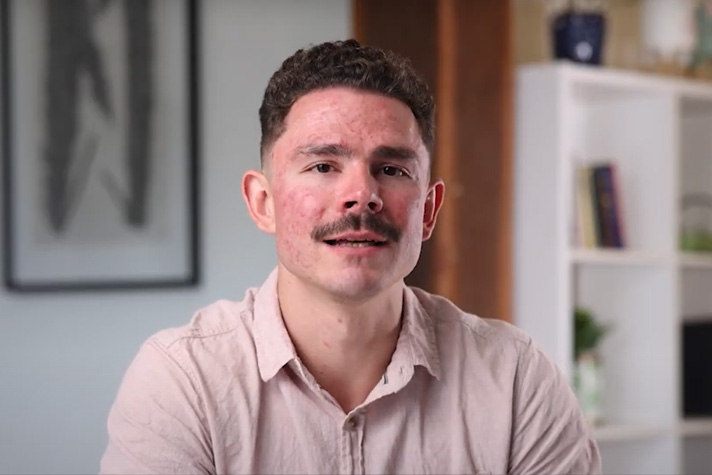






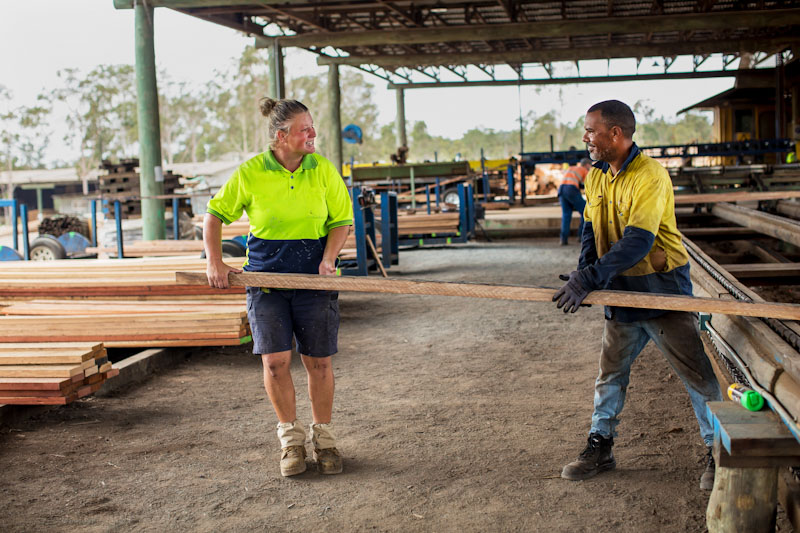









.jpeg)
